"Leave only your footprints." It's a catchy phrase that's often used in the tourism industry, to encourage visitors not to litter. Americans alone toss out roughly 200,000,000 tons of garbage every year! But the phrase is particularly applicable for campers in rural areas, such as Amish country. The majority of environmental scientists agree that issues such as mounting heaps of litter, are having lasting negative effects on the planet. Can one camper reverse planet Earth's problems? No. But does that mean that doing nothing is wiser than doing something? Each camper's answer to that question can have an impact on how long our fragile planet can remain intact.
When camping steps, you can take several steps to do your part in ensuring that others can enjoy the same part of the wilderness, after you've left your own footprints:
1. The golden rule. Put your shoes in the camper who will follow you. By preserving the state of the wilderness you're in, such as Amish country, the next campers will be able to enjoy the same area.
2. If you bring it in, take it out. Consider the fact that paper takes 2-4 weeks to biodegrade in the wilderness, and an aluminum can takes 200-400 years! Fortunately, technology has given us products such as biodegradable soap, which are friendlier to the environment. When camping, make sure to properly dispose of water used for washing and human waste, in particular.
3. You can prevent forest fires. If you build a campfire, make sure to put it out completely when you're finished. After dousing it with water, check for any remaining sparks or embers. Remember that just one can ignite a forest fire! Taking these measures will ensure that the surrounding ecosystems won't be damaged.
4. What's the plan? Do enough planning before your trip. A lack of preparation prior to camping can result in becoming hurried and cutting corners in protecting the environment. For instance, you might incorrectly anchor your camping tent to live trees. Or you might place your tent on plants that are delicate.
5. If you find it, leave it. As a general rule, anything you find in the wilderness, such as in Amish country, should stay in the wilderness. Though removing a plant or animal may seem harmless, remember that the Earth's ecosystem performs a delicate balancing act. When setting up your tent, never push aside "organic litter," which includes rocks, sticks, pine needles, and leaves. Also, treat all plants and animals as you would poison ivy: see but don't touch! Finally, put everything back in its place when you break camp.
6. Solid as a rock (or log). Avoid the following types of surfaces:
• cryptobiotic crusts • desert puddles• mud holes• weak plants• wet meadows
It's important to choose sturdy surfaces (i.e. those of rocks, gravel, sand, ice, and snow), which are ideal for your camping activities. Robust, dry or scattered plants are also ideal. What makes these materials preferred? They thwart serious damage to wilderness areas and erosion.
7. You're just visiting. According to one Pulitzer Prize winner, Earth has about 10,000,000,000,000,000,000, or 10 quintillion insects in it. Aside from bugs, many birds and other animals call the wilderness home. You'd probably get ballistic if someone damaged or destroyed your home, so it's good to show nature's creatures the same respect.
Leaving only your footprints after leaving a campground sounds easier than it actually is. It requires a conscious effort to leave everything as you've found it. This includes taking certain actions, while refraining from others. In the end, when you leave the Great Outdoors, your footprints should be the sole evidence that you've visited there.
For more information on [http://www.dvdsforbabies.com/modernbabybib.html]Amish go to [http://www.berlinhotelandsuites.com]www.berlinhotelandsuites.com
Subscribe to:
Post Comments (Atom)


Not Camping Just Fun!
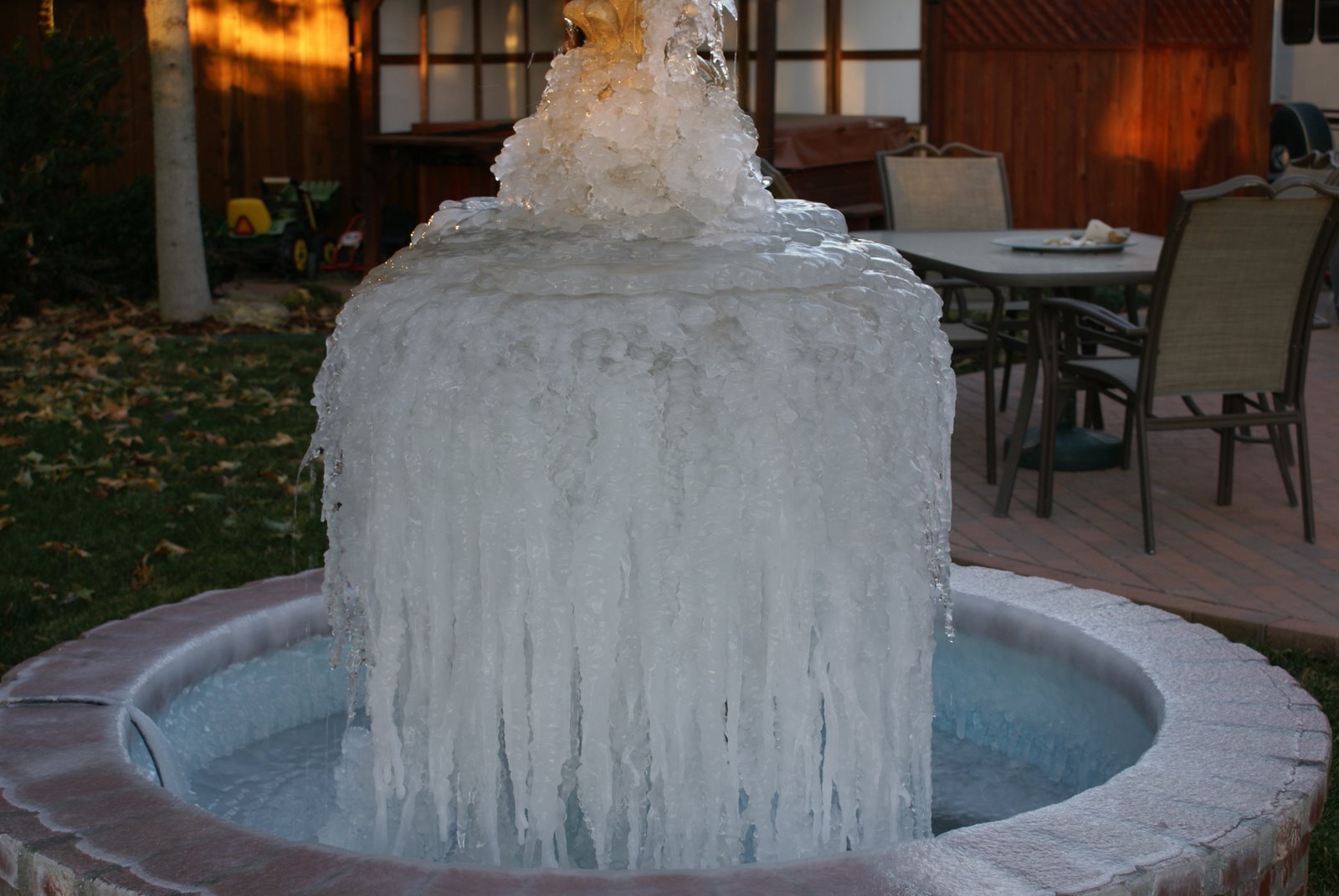
Frozen Fountain in our old backyard!
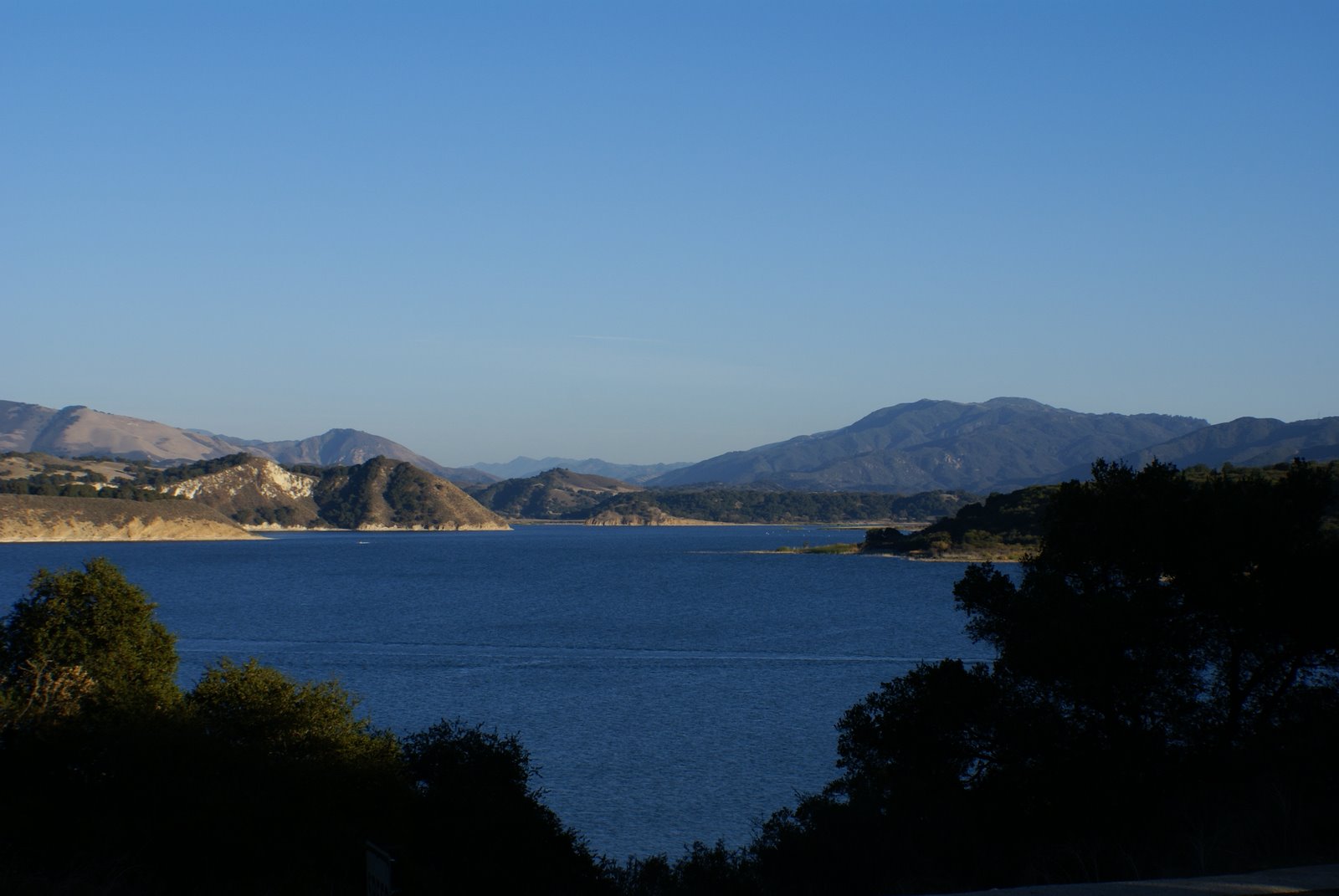
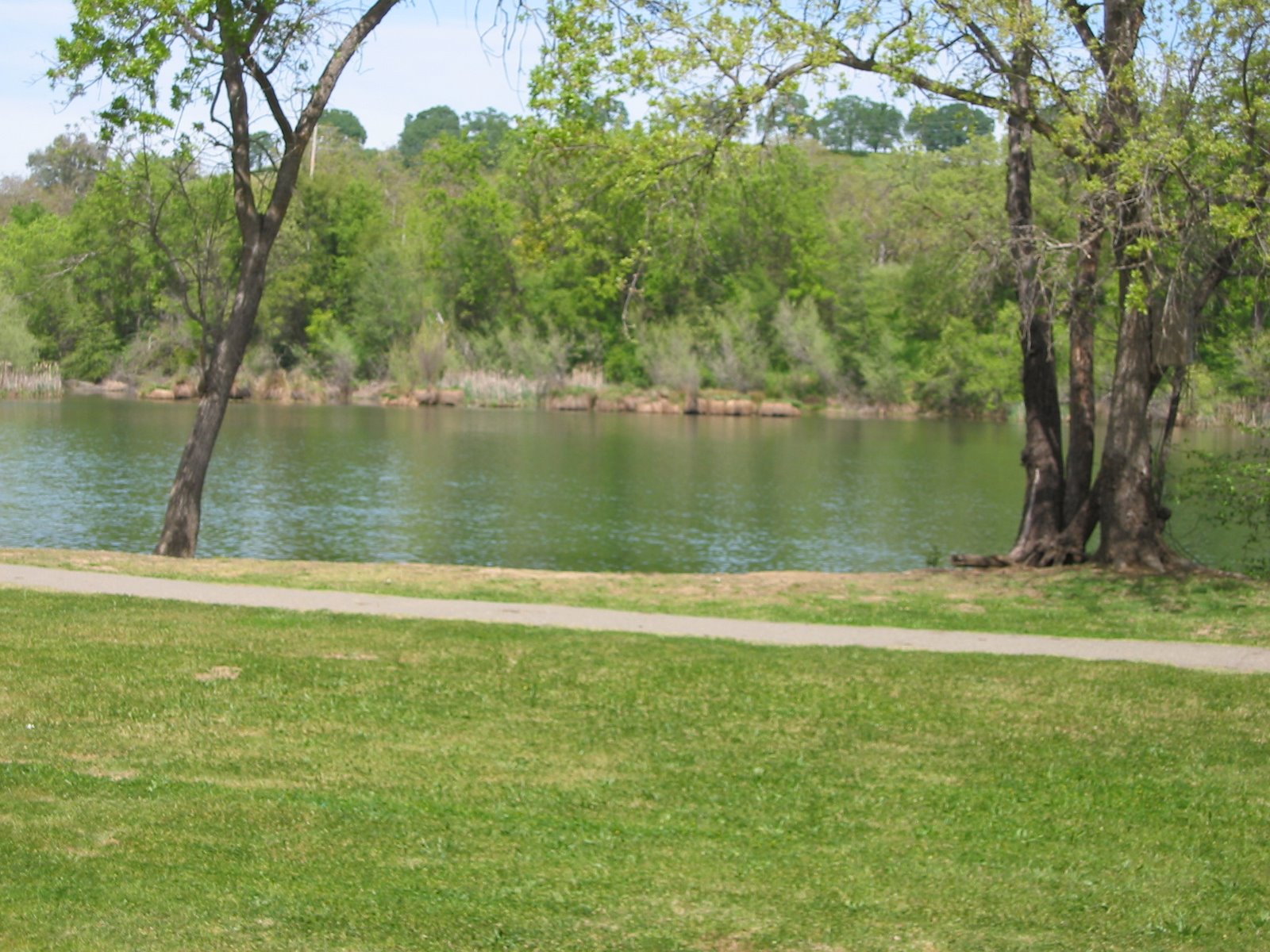




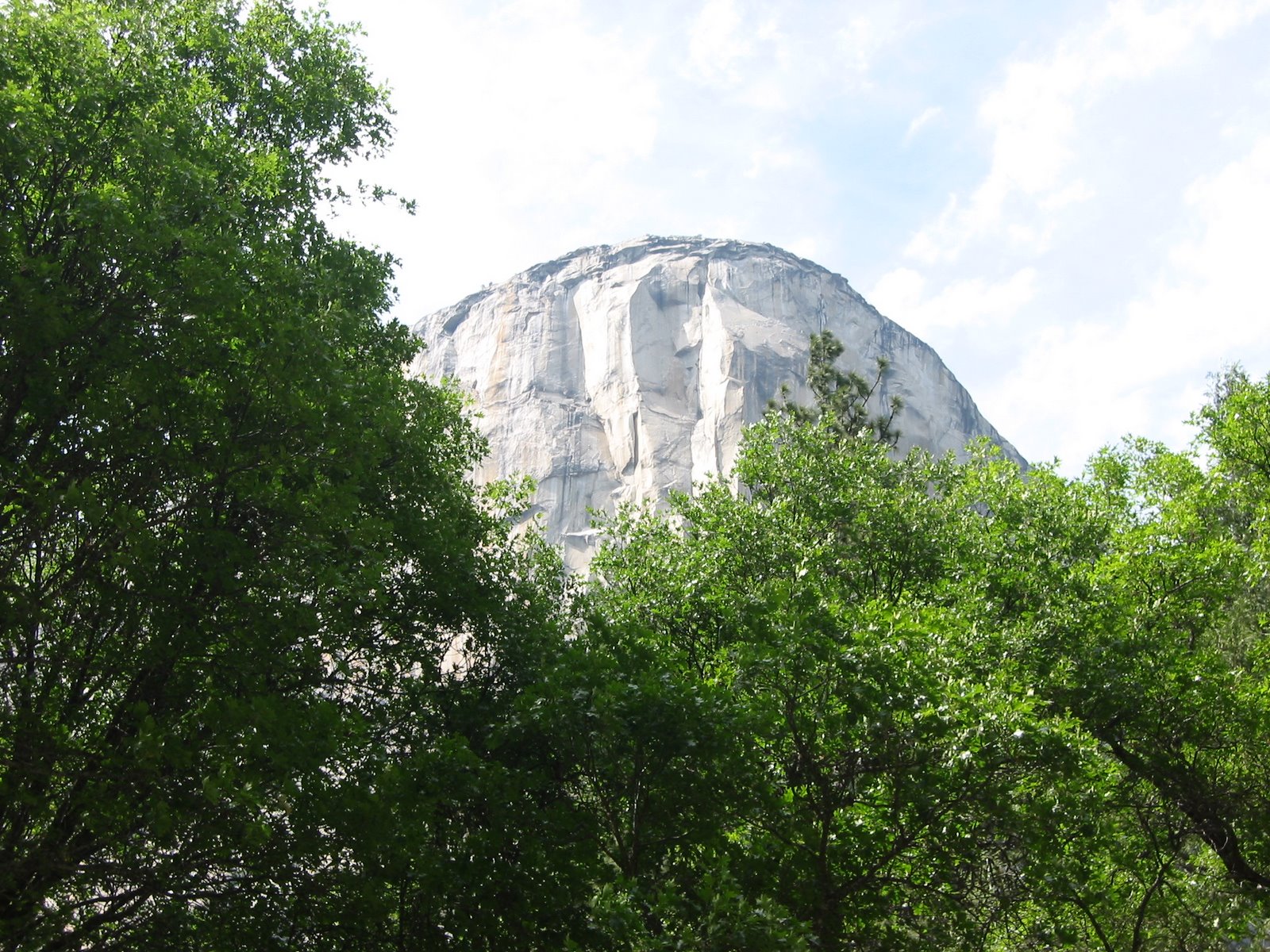

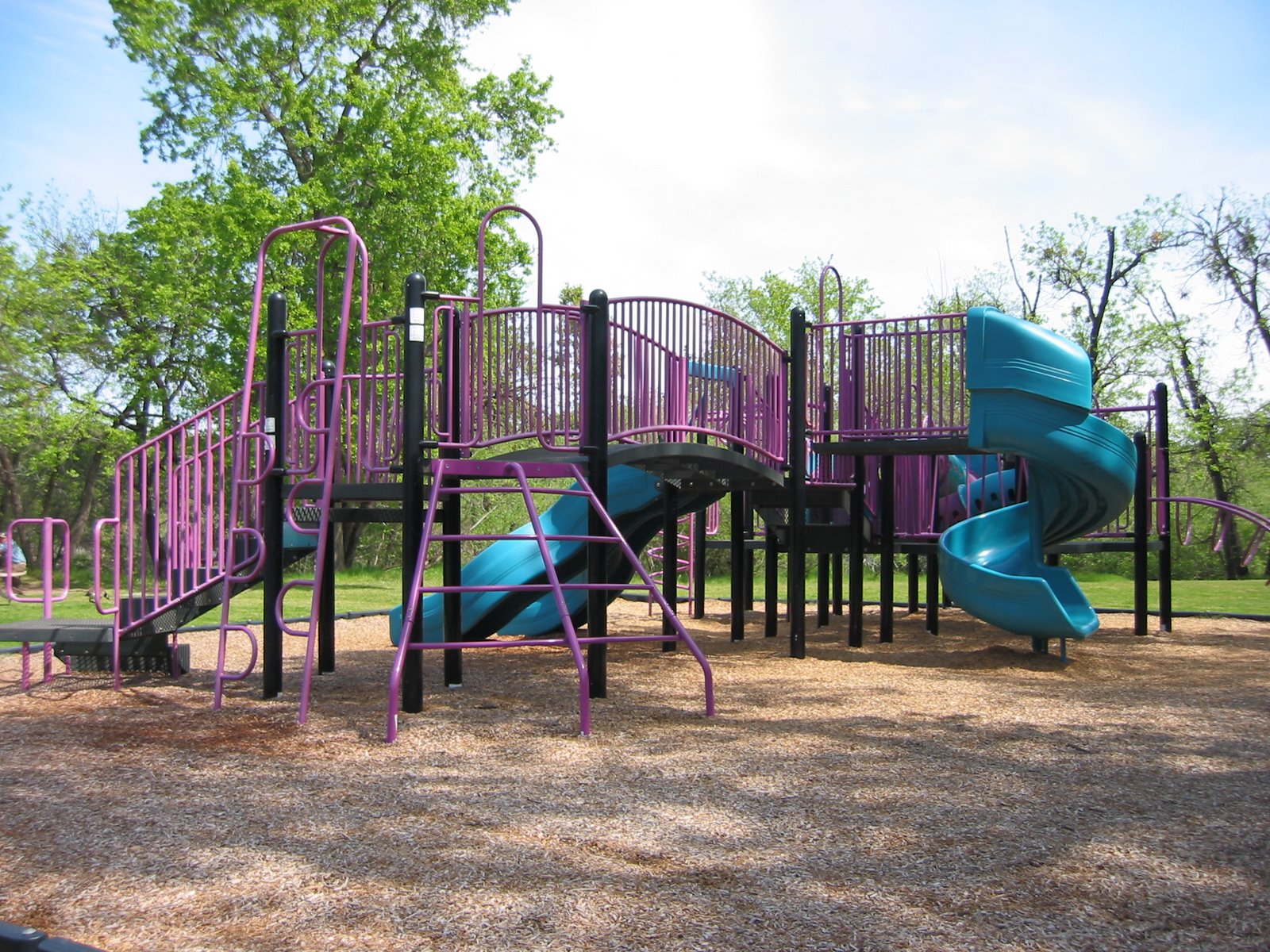
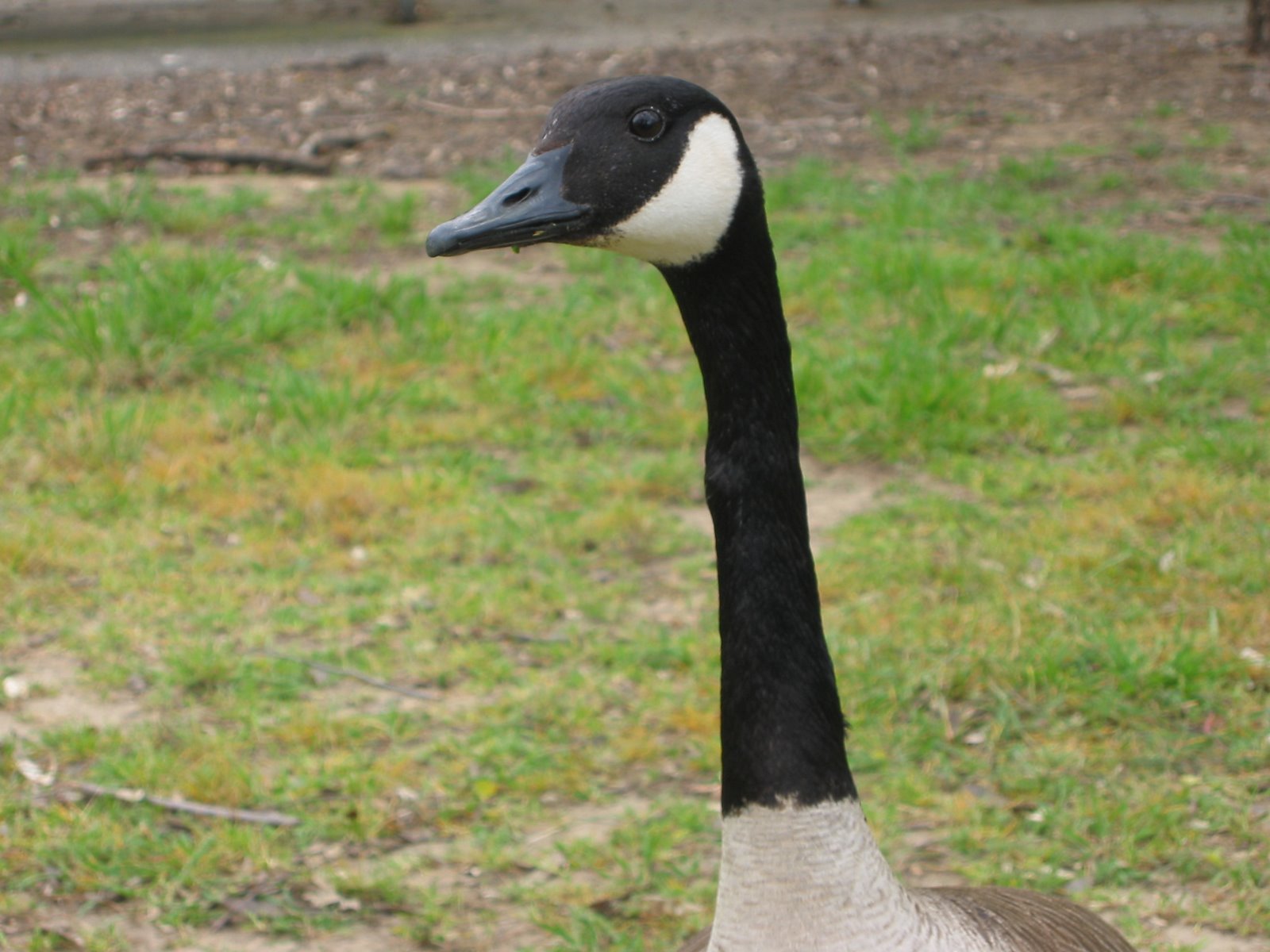

No comments:
Post a Comment